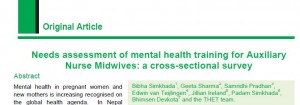 Today saw the latest publication on our BU-led THET in Nepal. The paper ‘Needs assessment of mental health training for Auxiliary Nurse Midwives: a cross-sectional survey’ was published the Journal of Manmohan Memorial Institute of Health Sciences [1]. This paper reports on a quantitative survey with nearly all Auxiliary Nurse Midwives in Nawalparasi District in the southern part of Nepal. The findings illustrate the lack of training on mental health issues related to pregnancy and childbirth in this group of health workers. Thus the paper’s conclusions stress the need for dedicated training in this field.
Today saw the latest publication on our BU-led THET in Nepal. The paper ‘Needs assessment of mental health training for Auxiliary Nurse Midwives: a cross-sectional survey’ was published the Journal of Manmohan Memorial Institute of Health Sciences [1]. This paper reports on a quantitative survey with nearly all Auxiliary Nurse Midwives in Nawalparasi District in the southern part of Nepal. The findings illustrate the lack of training on mental health issues related to pregnancy and childbirth in this group of health workers. Thus the paper’s conclusions stress the need for dedicated training in this field.
This is the third publication linked to our mental health and maternity care project. In Nepal mental health is generally a difficult to topic to discuss. THET, a London-based organisation, funded Bournemouth University, and Liverpool John Moores University in the UK and Tribhuvan University in Nepal to train maternity workers on issues around mental health. This latest paper and the previous two papers are all Open Access publications. The previous two papers raised the issue of women and suicide [2] and outlined the THET project in detail [3].
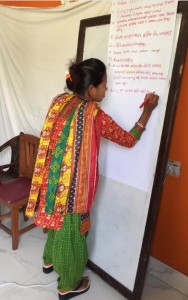
Prof. Edwin van Teijlingen
CMMPH
References:
- Simkhada, B., Sharma, G., Pradhan, S., van Teijlingen, E., Ireland, J., Simkhada, P., Devkota, B. & the THET team. (2016) Needs assessment of mental health training for Auxiliary Nurse Midwives: a cross-sectional survey, Journal of Manmohan Memorial Institute of Health Sciences 2(1): 20-26. http://www.nepjol.info/index.php/JMMIHS/article/view/15793/12738
- Simkhada, P., van Teijlingen E., Winter, R.C., Fanning, C., Dhungel, A., Marahatta S.B. (2015) Why are so many Nepali women killing themselves? A review of key issues Journal of Manmohan Memorial Institute of Health Sciences 1(4): 43-49. http://www.nepjol.info/index.php/JMMIHS/article/view/12001
- van Teijlingen, E., Simkhada, P., Devkota, B., Fanning, P., Ireland, J., Simkhada, B., Sherchan, L., Silwal, R.C., Pradhan, S., Maharjan, S.K., Maharjan, R.K. (2015) Mental health issues in pregnant women in Nepal. Nepal Journal of Epidemiology 5(3): 499-501. http://www.nepjol.info/index.php/NJE/article/view/13607/11007
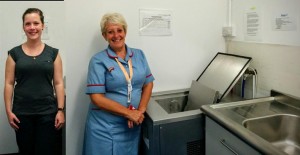 Most of you have probably heard/read about human milk banking by now from me or my previous posts, if not read
Most of you have probably heard/read about human milk banking by now from me or my previous posts, if not read 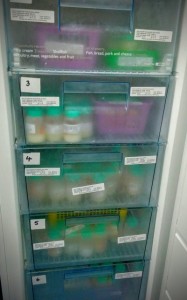
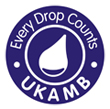 If you would like to find out more about human milk banking in the UK or want to become a human milk donor visit the UK Association for Milk Banking website at
If you would like to find out more about human milk banking in the UK or want to become a human milk donor visit the UK Association for Milk Banking website at  We are often reminded that we should be paying attention to what we eat and making sure we exercise regularly. These recommendations are based on years of research into how diet and exercise can impact our health and well-being throughout the lifespan. However, it’s rare that these two crucial elements are studied together.
We are often reminded that we should be paying attention to what we eat and making sure we exercise regularly. These recommendations are based on years of research into how diet and exercise can impact our health and well-being throughout the lifespan. However, it’s rare that these two crucial elements are studied together.


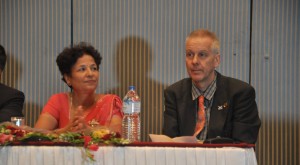
 nd Leisure Education and Research) annual conference which took place in the historic town of Canterbury, between 13-16 September, on “Tourism, Lifestyles and Locations”.
nd Leisure Education and Research) annual conference which took place in the historic town of Canterbury, between 13-16 September, on “Tourism, Lifestyles and Locations”.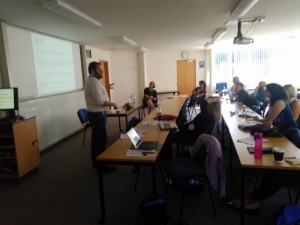
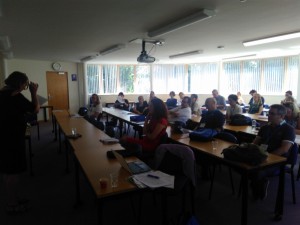
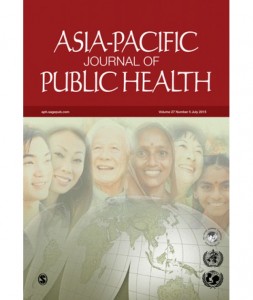 aths and many hundreds cases of injuries among Nepalese workers in these countries excluding India. For example, the Foreign Employment Promotion Board of Nepal recently reported that 1002 Nepalese migrant workers died in the 6 GCC countries and Malaysia in the last Nepalese calendar year, of which 357 (36%) were documented as cardiac related. However, in a quarter of deaths, the cause was unknown. Postmortem examination of migrant workers in many destination countries is not carried out and official records of the destination countries tend to record these deaths as being ‘from natural causes’. Information on underlying causes, such as heat stress on construction sites, is often not available.
aths and many hundreds cases of injuries among Nepalese workers in these countries excluding India. For example, the Foreign Employment Promotion Board of Nepal recently reported that 1002 Nepalese migrant workers died in the 6 GCC countries and Malaysia in the last Nepalese calendar year, of which 357 (36%) were documented as cardiac related. However, in a quarter of deaths, the cause was unknown. Postmortem examination of migrant workers in many destination countries is not carried out and official records of the destination countries tend to record these deaths as being ‘from natural causes’. Information on underlying causes, such as heat stress on construction sites, is often not available.
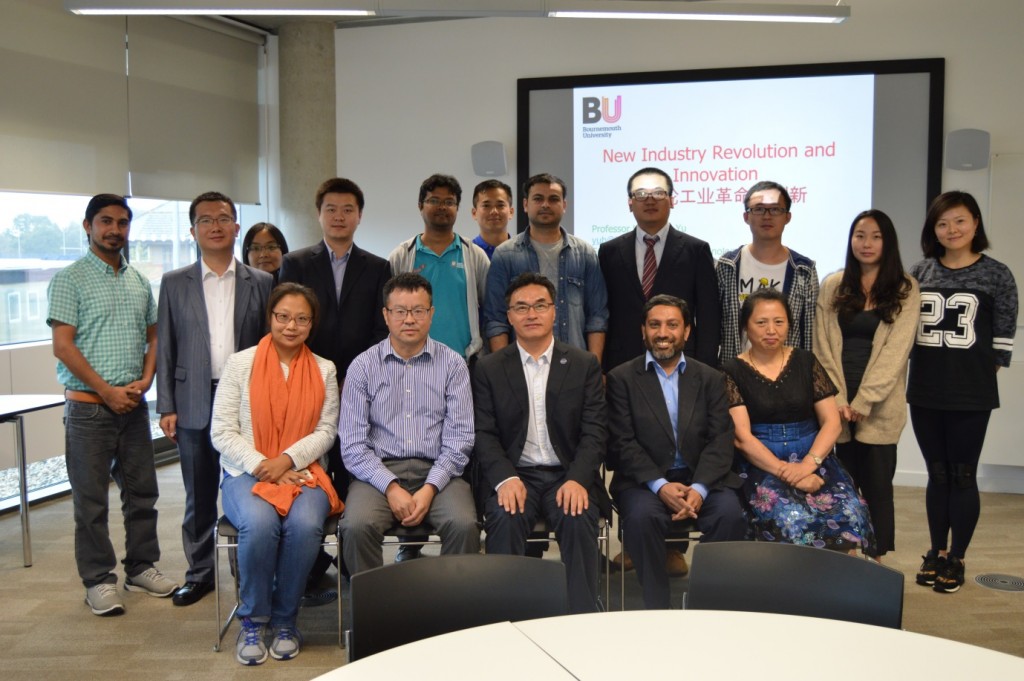
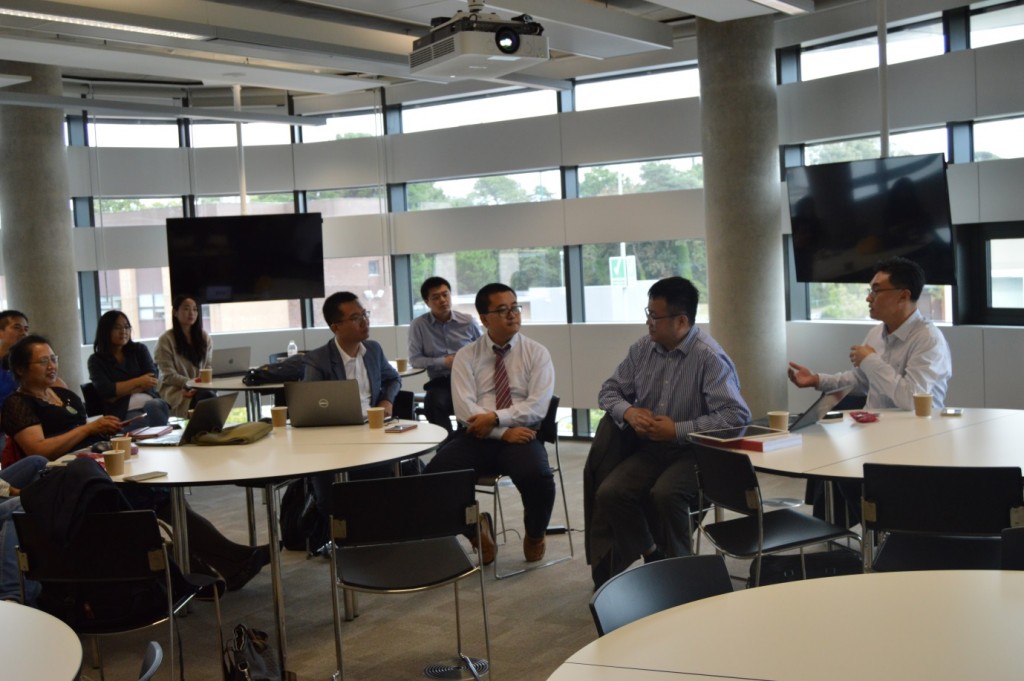



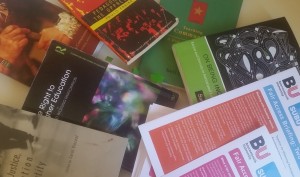
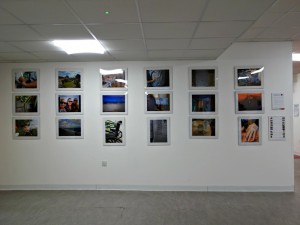 From 12 September, the Centre for Excellence in Learning (CEL) is holding a photo exhibition in Poole House, next to the Cash Office. This exhibition is part of the ‘Students who bounce back’ project, a study funded by Bournemouth University’s Fair Access Agreement Management Group. The study is being conducted by researchers at CEL, in co-production with student carers*.
From 12 September, the Centre for Excellence in Learning (CEL) is holding a photo exhibition in Poole House, next to the Cash Office. This exhibition is part of the ‘Students who bounce back’ project, a study funded by Bournemouth University’s Fair Access Agreement Management Group. The study is being conducted by researchers at CEL, in co-production with student carers*.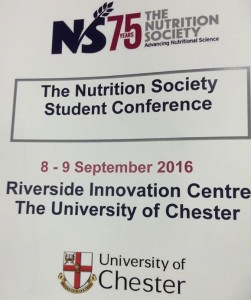
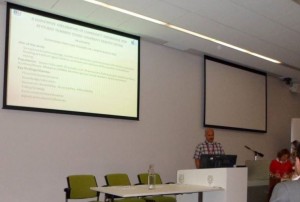

 Membership vacancies
Membership vacancies










 FHSS academics teaching in Nepal
FHSS academics teaching in Nepal New weight change BU paper
New weight change BU paper One week to go! | The 16th Annual Postgraduate Research Conference
One week to go! | The 16th Annual Postgraduate Research Conference Geography and Environmental Studies academics – would you like to get more involved in preparing our next REF submission?
Geography and Environmental Studies academics – would you like to get more involved in preparing our next REF submission? Congratulations to three former BU staff
Congratulations to three former BU staff MSCA Staff Exchanges 2024 Call – internal deadline
MSCA Staff Exchanges 2024 Call – internal deadline Applications are now open for 2025 ESRC Postdoctoral Fellowships!
Applications are now open for 2025 ESRC Postdoctoral Fellowships! Horizon Europe – ERC CoG and MSCA SE webinars
Horizon Europe – ERC CoG and MSCA SE webinars MaGMap: Mass Grave Mapping
MaGMap: Mass Grave Mapping ERC grants – series of webinars
ERC grants – series of webinars